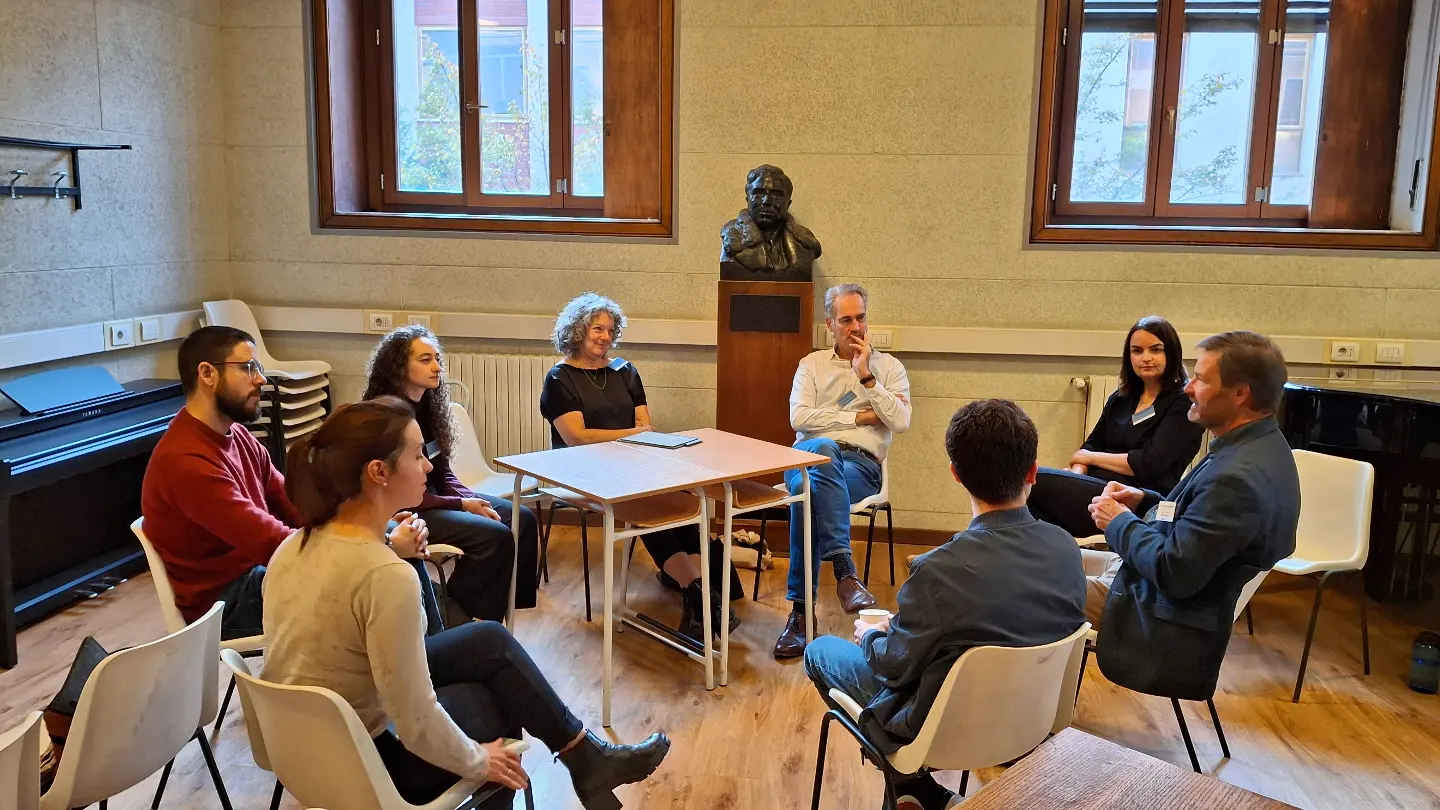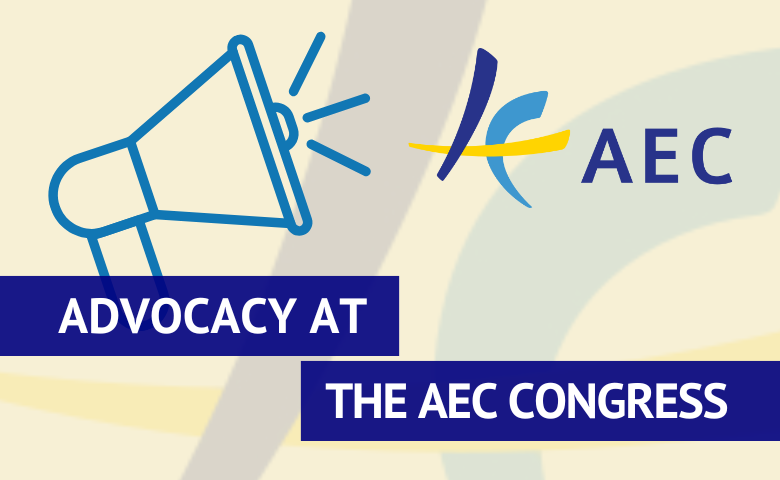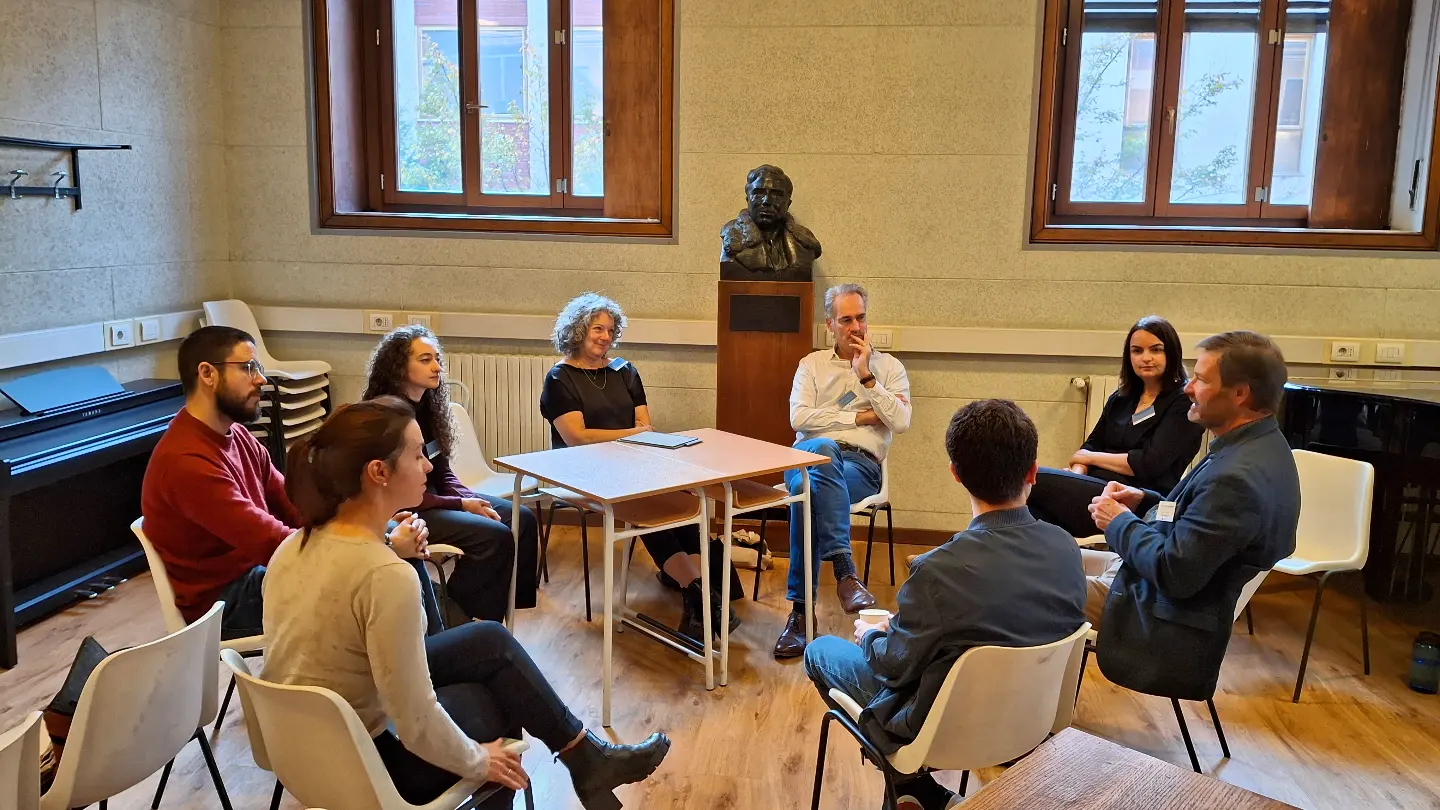In recent years, the competition for public attention has intensified dramatically. As societal dynamics grow increasingly complex, politicians and decision-makers are often pressured to rely on oversimplified messaging. For educational and cultural institutions, this presents a unique challenge in advancing their interests. However, effective political advocacy does not require extraordinary talents or insider connections; it is rooted in systematic efforts that can be planned, executed, and followed up with precision.
The Advocacy workshop organised in the frame of the AEC Annual Congress 2024 aimed to provide participants with an understanding of political decision-making processes and how to influence them effectively. More concretely, it sought to equip attendees with the tools needed to develop their own advocacy campaigns using the newly developed AEC Advocacy Toolkit, a resource designed to guide users through the steps of building a strategic and impactful action plan.
The session began with an introduction by AEC Executive Director Finn Schumacker, who presented an overview of the AEC Advocacy Strategy. Katharina Weinert, Policy Advisor of the European Music Council, then provided insights into the political structures of the European Union and highlighted how pan-European network organisations work to shape policy-making at the EU level.
The AEC Advocacy Toolkit serves as a practical framework for designing successful advocacy campaigns. It leads users through critical steps such as defining the challenge, conducting a situational analysis, assessing the political process, identifying allies and adversaries, and mapping out available resources. The subsequent planning phase focuses on crafting a clear message, choosing appropriate tactics, and framing the campaign effectively.
Key aspects of successful framing include selecting a credible spokesperson for the issue, emphasising alignment with the majority viewpoint, crafting a compelling narrative, and adopting the right tone of voice.
At the workshop, facilitated by Guillermo Rodriguez from the AEC Advocacy Task Force, participants applied these concepts to their own cases. They presented their ideas and received constructive feedback from moderators. The discussions were lively and highlighted how advocacy campaigns can take various forms depending on whether the sender is an individual institution or a network organisation. Participants also raised the need for a specialised toolkit addressing internal institutional change processes, which the Advocacy Task Force will consider for future development.
The AEC Advocacy Toolkit, developed by the Advocacy Task Force, is still a work in progress, with the final version expected to be released in early 2025.









